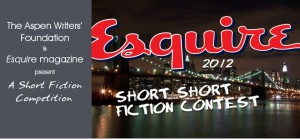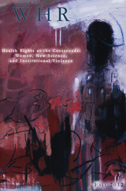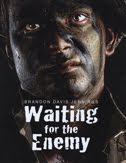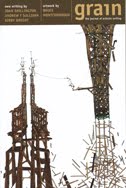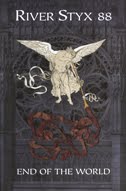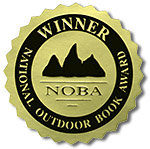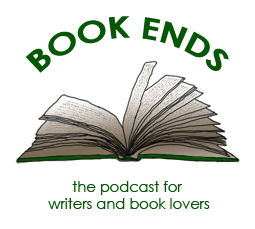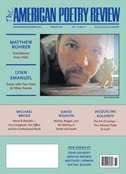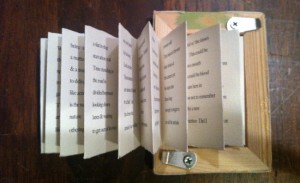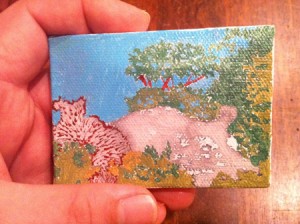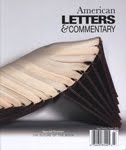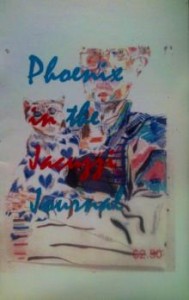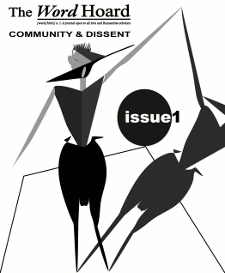 Peer edited and drawing on an editorial presence that includes students from the Centre for American Studies, the Centre for the Study of Theory and Criticism, Modern Languages and Literatures, Comparative Literature, Women’s Studies & Feminist Research, and the Department of English, Word Hoard is a new community journal supported by Western University’s Graduate English Society.
Peer edited and drawing on an editorial presence that includes students from the Centre for American Studies, the Centre for the Study of Theory and Criticism, Modern Languages and Literatures, Comparative Literature, Women’s Studies & Feminist Research, and the Department of English, Word Hoard is a new community journal supported by Western University’s Graduate English Society.
Word Hoard is currently soliciting articles, essays, and interviews for their second issue. They invite submissions between 3000-5000 words related to the provocation and concept of “The Unrecyclable.” Article and interview submissions are due 15 January, 2013. Accepted submissions can expect online and print publication in the summer of 2013.
Current Issue: Volume 1, Issue 1 (2012)
Community and Dissent
Articles available full-text (PDF) online:
Editors’ Introduction: Leif Schenstead-Harris, Nina Budabin McQuown, and Kevin Godbout
“Prometheus Queer: An Interview With Daniel Allen Cox” by Matthew Halse and Dock Currie
“The Progeny of Prometheus: Solidarity as Gift” by Mary Eileen Wennekers
“Identity, Memory and Place” by Kelly Baker
“Queer Spaces and Strategic Social Constructions in Rao’s The Boyfriend” by Frederick D. King
“Embracing Identity Politics as a Way of Dealing with a Self in Crisis in Edmund White’s The Married Man” by Zied Khemakhem
“Nationalism, Community, Literature” by Christopher Langlois
“Leadership, Authenticity, and the Arendtian World” by Rita A. Gardiner
“Leadership and Pedagogy in the Arts and Humanities: An Interview with Alison Conway and Joel Faflak” by Diana Samu-Visser and Nina Budabin McQuown
“Patricia Grace’s Potiki: A Case Study for the Adaptability of Postcolonial Theory to Indigenous Literature” by Karim Abuawad
“Publishing and Reading as Dissent: Resistance, Literary Tourism and Arsenal Pulp Press” by Casey Stepaniuk
“1984, Genesis Upside Down” by Jamie Rooney
“A Walking Tour of Light” by Leif Schenstead-Harris
“’& Then’: Word Hoard’s Closing Remarks” by Leif Schenstead-Harris, Nina Budabin McQuown, and Kevin Godbout


